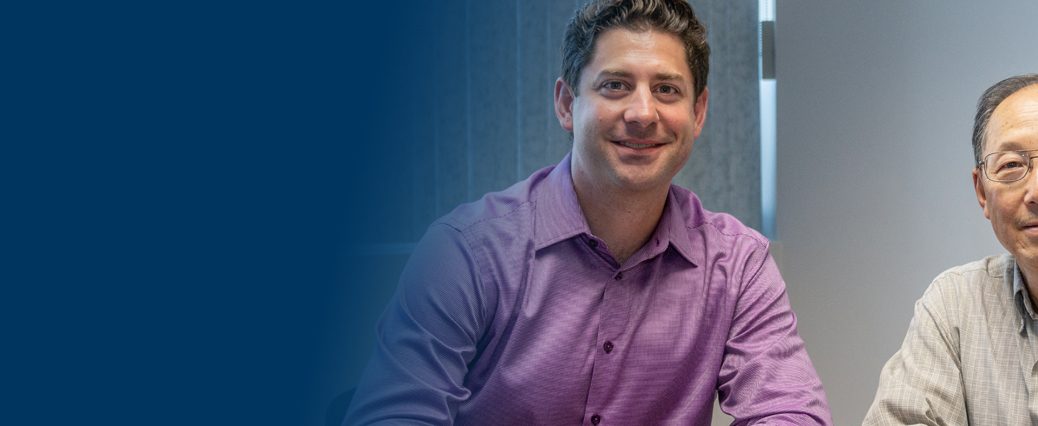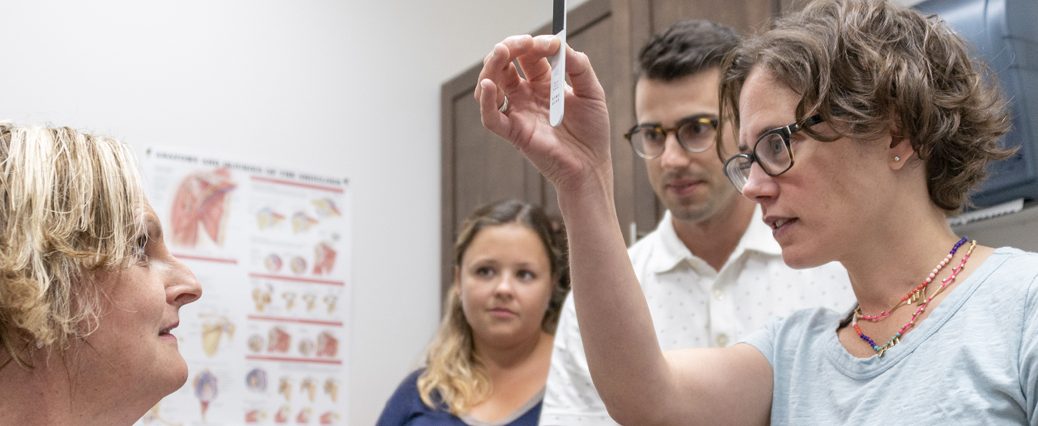The Centre for Rural and Northern Health Research (CRaNHR) at Laurentian University celebrated its 25th anniversary earlier this year.
Originally known as the Northern Health Human Resources Research Unit (NHHRRU), CRaNHR is an academic and applied research centre that conducts interdisciplinary research on rural health, with a focus on improving health services, access to health care in rural and Northern communities, as well as enhancing stakeholders’ knowledge of the health-care system.
Though it predates the founding of the Northern Ontario Medical School, CRaNHR and NOSM have developed a strong partnership because of their shared mission, says Dr. Alain Gauthier, Director of CRaNHR.
“The research questions that we seek to answer are directly derived from the needs of the communities that we work with, and not necessarily our general curiosity, so our objectives and NOSM’s social accountability mandate align very well,” he says.
CRaNHR was originally established to study questions related to health human resources in Northern Ontario. However, as the needs of the population have evolved, so has CRaNHR’s scope.
“Over the past 25 years, we’ve evolved from a health human resources research centre to a rural and northern health equity research centre,” says Gauthier. “The Centre was primarily focused on resource issues, such as shortages of physicians, whereas we’re now focusing on much more diverse topics including Indigenous health issues, French language health services, access to services for marginalized individuals, and similar topics.”
CRaNHR has five “pillars” of research: Health Human Resources, Francophone Health, Indigenous Health, Virtual Care Research and NOSM Integrated Impact Investigations.
As part of their research on the impact of NOSM in the North, researchers at CRaNHR are conducting a multi-year tracking study of the students and graduates, evaluating the experiences of family medicine graduates practising in Northern Ontario, as well as the contribution of the School to the number of physicians and surgeons practising in Northern Ontario and its economic impact in the region.
In its early stages, CRaNHR also conducted a number of studies that, while not directly linked to the establishment of NOSM, demonstrated the need for a long-term solution to health inequity in the North, and provided evidence that a medical school could be a viable option. Studies included an evaluation of existing rural medical education programs, and an exploration of the link between rural medical education and rural practice location.
The reciprocal relationship between the two institutions extends to faculty and students too, says Gauthier. CRaNHR has been a partner for NOSM’s faculty investigators, providing them with a place to conduct their research, and has housed many researchers who have become NOSM students.
“It’s great to see our researchers become learners, because that background provides them with the necessary skills and tools to be physician researchers, as well as a better understanding of rural and Northern Ontario as they prepare for medical training,” he says.
Overall, Gauthier says the 25th anniversary signifies that the founding vision of CRaNHR has stood the test of time.
“In research, you’re often forced to reinvent yourself based on the opportunities that exist, and that we are still here 25 years later, with a vision for improving health care in the North, is quite something,” he says. “We’ve created a sustainable venue for knowledge production in the North, and my hope is that will continue to do so for the next 25 years and beyond.”
Read more stories like this one in the latest edition of The Scope.





